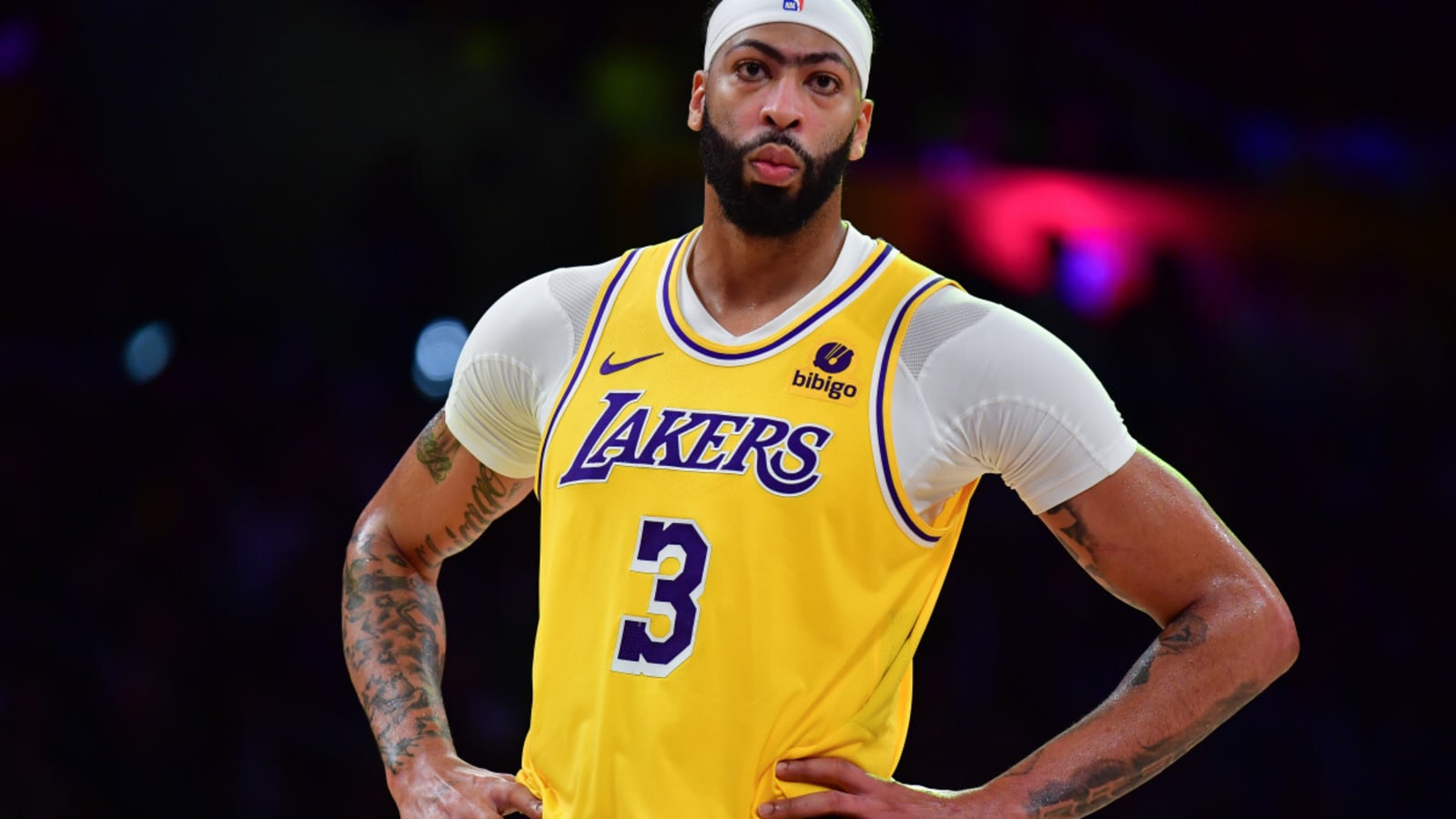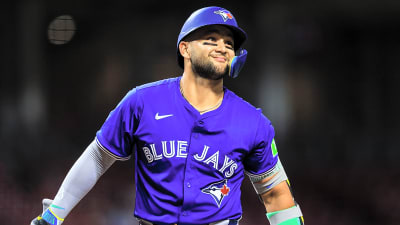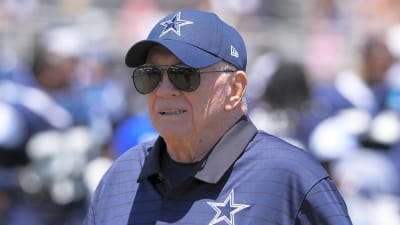
In one of the most shocking trades in NBA history, the Los Angeles Lakers made the bold decision to send Anthony Davis to the Dallas Mavericks in exchange for Luka Doncic. For a franchise that has relied on Anthony Davis as its defensive anchor and co-star alongside LeBron James, parting ways with the All-NBA big man wasn’t an easy call.
However, several factors pushed the Lakers toward this blockbuster move, signaling a major shift in the team's long-term direction.
Davis was in the midst of arguably his best season as a Laker, averaging 25.7 points and 11.9 rebounds per game while maintaining his status as one of the league’s elite defenders. Yet, concerns over his long-term durability, the franchise’s future beyond LeBron James, and the opportunity to acquire a 25-year-old perennial MVP candidate in Doncic forced the Lakers’ hand.
With the Western Conference as competitive as ever and LeBron at 40 years old, Los Angeles had to make a move that secured both immediate relevance and future stability. The trade wasn’t about talent—it was about vision.
The Lakers had concerns about whether Davis could be the true face of the franchise once LeBron retired, while Mavericks GM Nico Harrison made it clear he wanted a defensive-minded superstar to build around. With Doncic’s conditioning becoming a growing concern in Dallas, both teams saw an opportunity to reshape their rosters and it is apparent that the Slovenian star wasn't the one to initiate the trade and never requested a trade.
Needless to say, we are still reeling from this massive trade but it has to be known that the Lakers pulled the trigger knowing it would suit them better now and for the future. Here are the four biggest reasons the Lakers decided to pull the trigger on this historic deal.
1. Anthony Davis Didn't Prove Himself As A Leader
For all of his talent, Anthony Davis never fully embraced the role of being the Lakers' franchise leader. Despite being in his prime at 31 years old, Davis always played second fiddle to LeBron James, allowing the four-time MVP to be the team’s voice and emotional backbone. Even when LeBron missed time with injuries, the Lakers struggled under Davis’ leadership, failing to maintain consistency despite his individual brilliance on both ends of the floor.
The expectation when Davis arrived in Los Angeles in 2019 was that he would gradually take the torch from LeBron and become the undisputed face of the franchise. However, that transition never truly happened.
It didn't help that Davis had a nonchalant demeanor and an apparent inconsistency in stepping up in crucial moments, along with some public trade comments that frustrated the Lakers organization.
Ultimately, Davis simply didn’t solidify himself as the guy in LA. The Lakers recognized this and saw an opportunity to swap him for Luka Doncic—a player who has already proven he can carry a team to the NBA Finals as its unquestioned leader.
2. Anthony Davis Could Request A Trade After LeBron James Retires
The Lakers were playing a dangerous waiting game with Davis. While he has remained committed to Los Angeles, there was always the looming possibility that he would request a trade once LeBron James retired. With James nearing the end of his career at age 40, the Lakers front office had to consider what Davis’ future would look like if he were left to carry the franchise alone.
Given his history of forcing his way out of New Orleans, the team had legitimate concerns that he might not stick around if the Lakers fell into a rebuild. Rather than risk losing Davis for a weaker return down the line, the Lakers capitalized on the opportunity to move him now for a generational talent like Luka Doncic.
By trading Davis before he had the chance to request out, the Lakers took control of their own destiny. Instead of being held hostage by a potential trade demand, they reshaped their roster with a long-term vision in mind and can focus their timeline around Doncic.
3. Anthony Davis' Injury-Prone Narrative
Injuries have always been a cloud hanging over Anthony Davis' career, and the Lakers had every reason to worry about his long-term reliability. Since joining the team in 2019, Davis has missed a staggering 180 regular-season games. That means he has been unavailable for nearly 40% of all possible games, making it incredibly difficult for the Lakers to build long-term continuity.
Davis has never played a full 82-game season in his career, and even in his healthiest campaigns, the most he managed was 76 last season and only managed at least 65 games played five times in 13 seasons.
While he has played through injuries in the playoffs, his tendency to miss extended stretches during the regular season made it hard for the Lakers to rely on him as their long-term foundation. Moving on from Davis now ensures they don’t get stuck in a situation where they are paying a max contract to an aging star who can’t stay on the court.
4. Anthony Davis Didn't Want To Play Center
One of the most frustrating aspects of Davis' tenure in Los Angeles was his reluctance to play center full-time. While he thrived as a big man in the Lakers' 2020 championship run, he has consistently voiced his preference to play power forward and called for Rob Pelinka and Lakers management to acquire a center before the February 6th trade deadline.
The Lakers even went out of their way to accommodate him, bringing in centers like Dwight Howard, JaVale McGee, and most recently Jaxson Hayes and Christian Wood, just to keep Davis happy. It hasn’t worked since their championship season, and that has led to some frustration.
As we covered in our previous article, Davis’ refusal to embrace the center position may have ultimately soured the Lakers’ front office. In today’s NBA, the most dominant big men—Nikola Jokic, Joel Embiid, and Giannis Antetokounmpo—all play the five when needed. The Lakers made it clear that they “heard loud and clear” what Davis said, but it ultimately did not go that way.
The fact that Davis wasn’t willing to do the same put an unnecessary strain on the team’s roster construction. By moving on from him, the Lakers no longer have to build around a player who demands a very specific and limited role and can build around a generational talent like Doncic.
More must-reads:
- Germany defeats Turkey for EuroBasket gold; Dennis Schroder named MVP
- New Hall of Famer won't get his number retired by any team
- The 'NFL's three-passing TD game leaders' quiz
Breaking News
Trending News
Customize Your Newsletter
 +
+
Get the latest news and rumors, customized to your favorite sports and teams. Emailed daily. Always free!








